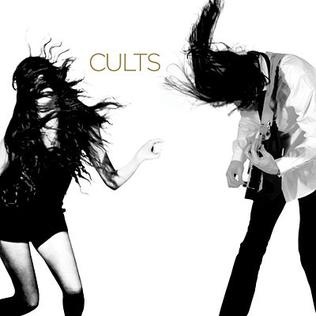
8.0
The Sea and Cake can’t make a bad record. It really isn’t in their chemistry as a band. They’re easily one of the most consistent and accessible indie acts out there right now. Their catchy, jazzy rhythms are easy to catch an easy ride into and are very rewarding with lead singer Sam Prekop’s distinctively smooth vocals. On their latest LP The Moonlight Butterfly, The Sea and Cake find themselves in familiar and foreign territory. More electronically driven music is present, but continues the persistent guitar driven sounds that have defined themselves s in past works.
On The Moonlight Butterfly’s opener ”Cover”, a woozy electronic wave is met with jangly guitars, a consistent drum beat and underlying jazzy bass line and immediately opened up to Prekop’s breezy vocals, this tracks establishes a consistent tone throughout the rest of the album. Though The Sea and Cake have ventured into unknown realms of their sound before, they have the tenacity to snap back to their roots and sound very fresh at the same time; The Moonlight Butterfly is no exception to this method. Although the electronica-driven title track can sound out of placed in context to the rest of the LP, The Sea and Cake work around this bump with a ten minute jam, “Inn Keeping”, which transpires to be the highlight of Moonlight.
Despite being such a short stretch as an album (just clocking in over half an hour), the body of work put into those minutes is fun and engaging and very enjoyable that you hardly notice that a half an hour has even passed. Even the ten minute jam isn’t a daunting listen like some long winded indie acts trying to churn out “epic” pieces of music. “Inn Keeping” begins with a simple Sea and Cake track with the consistent sound The Sea and Cake have mastered, but the track slowly transforms into something quite different with beautiful and lucid chord changes that stays so true to the ear.
The Moonlight Butterfly is just another solid Sea and Cake record, which is what is expected. Only falling short in one track (“The Moonlight Butterfly”), The Sea and Cake stay comfortable and create pretty music that is strictly relaxation and chill music for a slow Tuesday night. Sam Prekop’s creamy vocals, consistent drumming, intricate guitar work, and groovy bass all make The Sea and Cake a vivid and fun listen.




